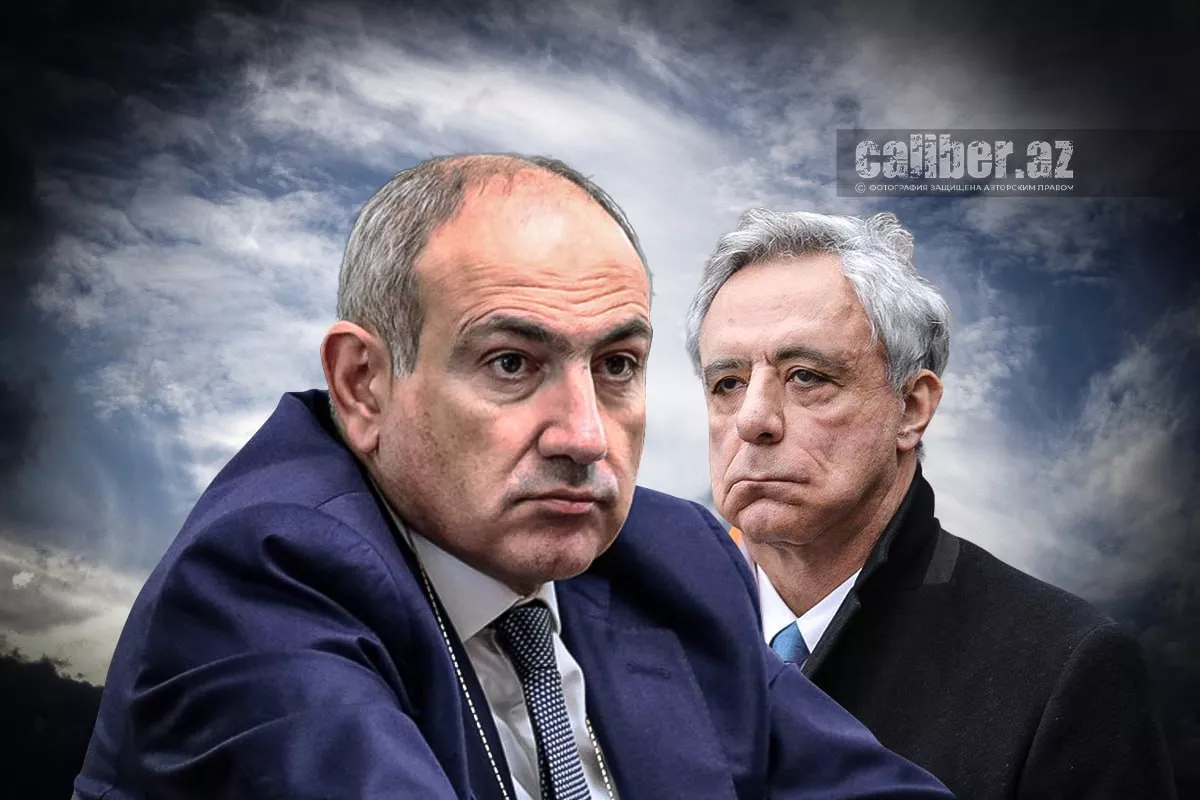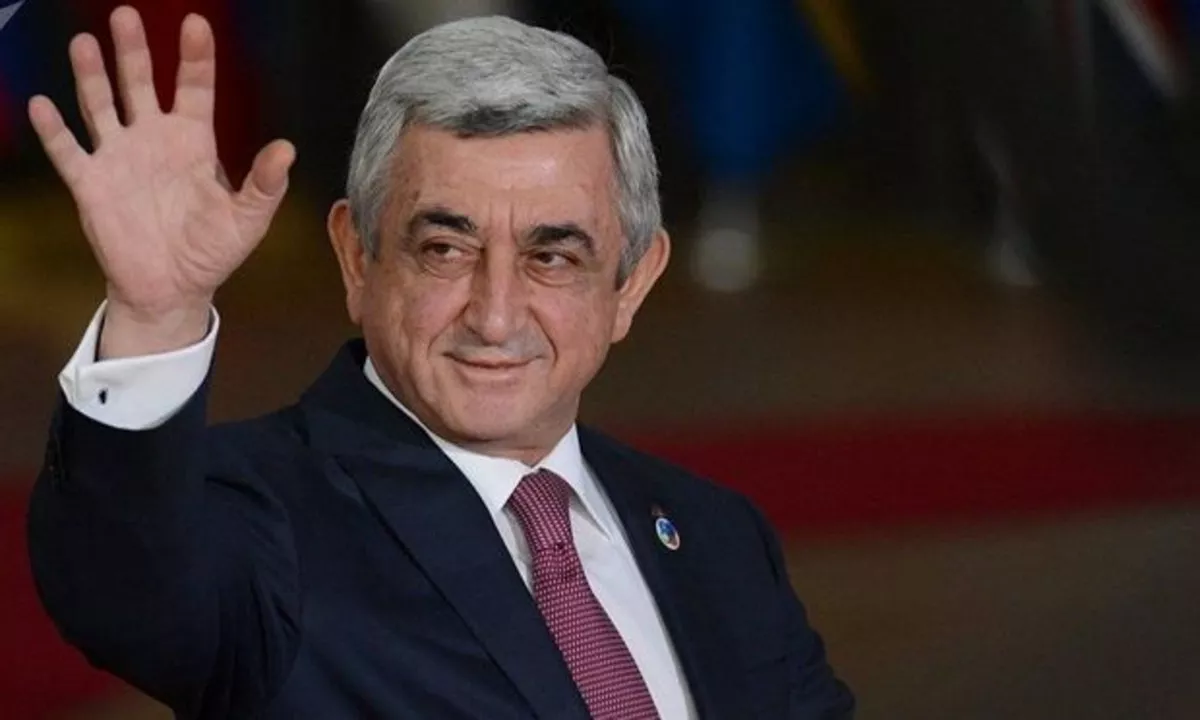Cerberus of “miatsum” Vartan Oskanian’s battle for an illusion
"In recent weeks, momentum has been steadily building across the democratic world in support of the right of return for the indigenous Armenians of Nagorno-Karabakh—those forcibly displaced in 2023 following Azerbaijan’s brutal blockade and military assault."
Familiar tone, isn’t it?
The above statement comes from former Armenian Foreign Minister Vartan Oskanian. In a post on his Facebook page, he also reminded readers that “eighty seven members of the U.S. House of Representatives have signed a letter to Secretary of State Marco Rubio, urging immediate American engagement to secure the ‘collective, protected, and dignified return of these uprooted people.’”
The former Armenian FM also mentioned resolutions passed by the Belgian parliament and the European Parliament, as well as a Swiss initiative: “It proposes an international platform for negotiations to secure the safe and guaranteed return of Armenians to their ancestral homes.”
Oskanian then effectively calls for the ousting of the current prime minister, who refuses to follow the lead of the Swiss initiative and maintains that the Karabakh issue is closed.

One might wonder what new could possibly be said about Oskanian, considering we have written about him repeatedly, and he never announces anything new, always just rattling on with the same old platitudes like “not all is lost yet.” (This in itself is quite comical, since this “it’s not too late to change everything” has been going on for five years now.) However, our goal is not to cast him in a new light or find some important message in his words. Our task is to constantly remind him that his efforts are futile. Futile, especially to himself, because his entire activity is aimed at convincing himself that he has not wasted his professional life, that he fought, supposedly, for the “Great Armenia” until his last breath.
Our role is to keep showing him how things really stand. We are like psychotherapists, but in reverse. Usually, they want the patient to find peace. We have a different task. We want him to never find peace. Our goal is to show him that his activity was meaningless not only now, but also back when he was, so to speak, on top of his game. Moreover, it was not just meaningless — it was destructive to Armenia itself, because it led the country to collapse.
Oskanian positions himself as a kind of Cerberus of “miatsum” — claiming that as long as he was head of Armenian diplomacy, nothing threatened the Armenian cause. With a certain arrogant politeness, he is ready to share this honourable role with Sargsyan’s minister Edward Nalbandyan, though presumably he still enjoys the laurels of being the founder of the general line. How else could it be — after all, Nalbandyan was born in Yerevan, he is a Soviet product, while Oskanian is a native of Aleppo, almost French.
So, the essence of Oskanian’s “brilliant” diplomatic strategy was to prolong negotiations and at the decisive moment say “no” with full confidence that Moscow would not only prevent an Azerbaijani military operation but also side with Armenia.
However, this simple, if not outright pathetic, tactic only worked in the early phase of the “Miatsum” existence of the “two Armenian states” — and even then, only because Azerbaijan was using that time to build up strength for the decisive hour.

In April 2016, it became clear to all thinking politicians in Armenia, above all President Sargsyan, that the situation was heading toward disaster. It took him another two years to finally accept this, after which he tactically withdrew from the post of prime minister, leaving the responsibility for the future defeat to a new ambitious generation led by Pashinyan.
Then came the Second Karabakh War and the 2023 counter-terrorist operation. Armenians in Karabakh, shocked by the prospect of once again living alongside people they had expelled, decided to leave the region. This was a voluntary exodus. Not a single hair on the heads of peaceful Armenians was harmed, nor was a single threat made against them. On the contrary, Baku proposed a reintegration plan and invited representatives of the Armenian community to meetings to discuss it. For two and a half decades, Baku offered the Karabakh Armenians the highest status of autonomy within Azerbaijan. And it was precisely Oskanian’s position and his “great” strategy that responded to this generous offer with a stubborn and pitiful “no.”
Yes, everything Oskanian does now is aimed at convincing himself that he did everything right and defended the cause of “miatsum” to his last breath. Vartan Oskanian wants to live out the rest of his life under the illusion of confidence in the importance of his existence. Our humble task is to upset his plans, remove his rose-coloured glasses, and show him his life in all its futility.








